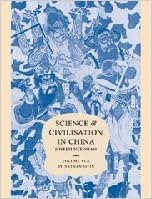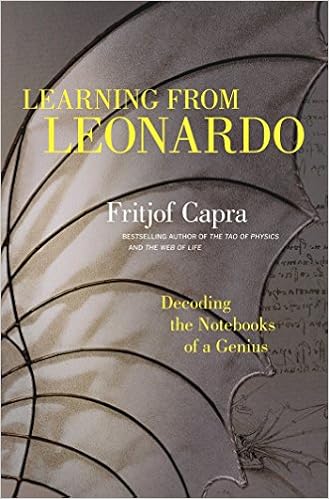
Copyright © 1982, 1993 by Ronald Gross; TEN SPEED PRESS, Berkeley, California
CONTENTS:
Acknowledgments x
Prologue: Encounters with Four Mentors xii
Part One: Starting Out I
- Risk Takers of the Mind 3
Emily Taitz and Sondra Henry: A Quest for
“Women Written Out of History” 15 - From “Messy Beginnings” to the Fruits of Research 20
Step 1: Start Your Own Intellectual Journal 21
Step 2: Reconnoiter New Realms of Knowledge 24
Step 3: Enter a New Field 28
Step 4: Develop Your First Projects 31
From Seed to Fruit: How an Idea Grows to
Become a Product of Research 35
Eric Hoffer: A Passionate Philosopher 36
Part Two: The Practice of Independent Scholarship 43
Janet Barkas: Coming to Terms with a Murder 47 - Resources: Where? What? Who? How? 50
Special Library Collections 55
Interlibrary Loans 59
Access to Databases 61
Barbara Tuchman: A Quest for Excellence 66 - Working with Others 71
Finding Fellow Scholars among Your Neighbors 72
Corresponding with Colleagues 72
Your Turn for an Intern? 74
Organizations of Scholars 75
The “Amateur Wing” 77
The Hidden Conference 77
Mentors 79
Doing a Delphi 80
The Intellectual Partnership 82
Your Own Advisory Committee 88
Your Own Institute 90
William Draves: A Scholarly Celebration of Free Universities 91 - Intellectual Craftsmanship 97
Pitfalls in Research 98
Beyond Traditional Methods 101
Managing Your Intellectual Projects 103
Betty Friedan: The Problem That Has No Name 106 - Wherewithal 113
Obtaining a Title or Affiliation 115
Grants and Awards 118
Other Sources of Financial Support 129
John Snyder: Mapping the Earth 134
Interlude: Encounters along the Way 138
Part Three: Independent Scholars in Action 143
Alvin Toffler: A Journey Past Time 145 - Sharing Your Work 151
Teaching—as Socrates Taught 151
Publishing Your Work 156
Nontraditionai Products of Scholarship 161
Intellectual Activism 164
Hazel Henderson: Alternative Futures 170 - “Play for Mortal Stakes”:
The Intellectual Pleasures of Your Work 176
Savoring the Meaning of Your Work 177
Five Who Played “for Mortal Stakes” 178
The Further Reaches 182
Sabbaticals for “Practical Scholarship” 185
Buckminster Fuller: Exploring the Universe 189 - Scholarship as Your Joy, if Not Your Job 195
Leo Miller: The Scholar Outside 203 - Interdependence among Independent Scholars 208
How to Start a Roundtable for Independent Scholars 224
Reinhold Aman: The Meaning of Abuse 228
Postscript: Unfinished Business 232
Appendixes 238
I: Maxims for the Life of the Mind 238
II: Specialized Bookstores: Gourmet Shops for Scholars 240
III: Foundation Funding 241
IV: Tax Deductions for Independent Scholarship as a Business 253 V: University Presses in North America 255
VI: Copyrighting Your Work 257
VII: The National Coalition of Independent Scholars 261
VIII: How Independent Scholars Can Organize:
Five Case Studies 262
Notes 268
Bibliography: A Basic Bookshelf for
the Independent Scholar 273
Index 287

 (LINK)
(LINK) ut the Author: Professor Sohail Inayatullah /
ut the Author: Professor Sohail Inayatullah /








![Patterns of Connection: Essential Essays from Five Decades by [Fritjof Capra]](https://m.media-amazon.com/images/I/51di6W1AUYL.jpg)


















![Mindful Tech: How to Bring Balance to Our Digital Lives by [David M. Levy]](https://m.media-amazon.com/images/I/41KASQhEsLL.jpg)



